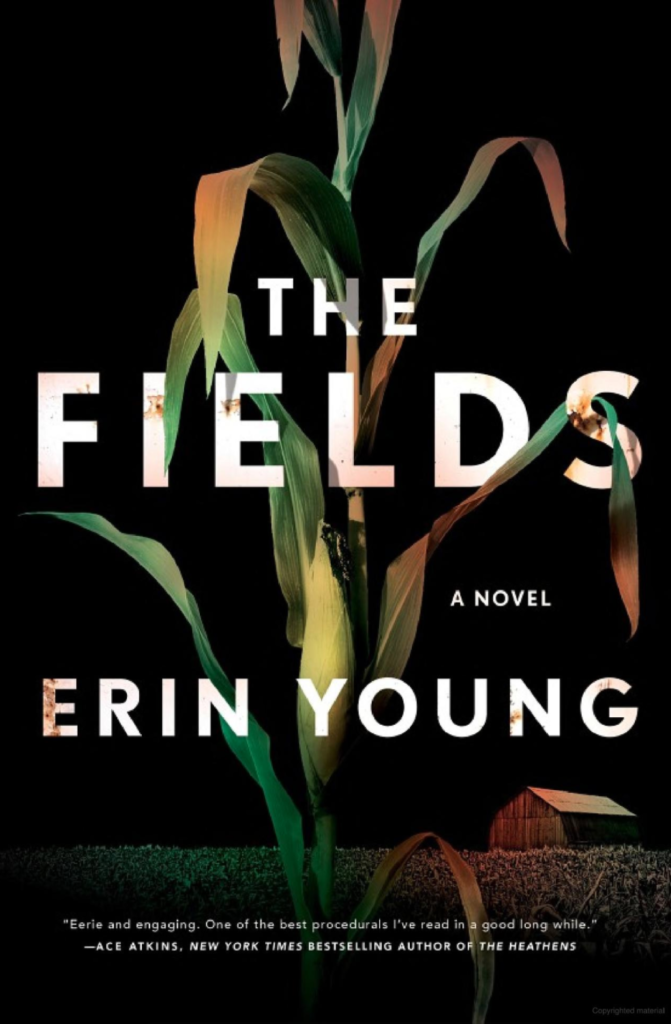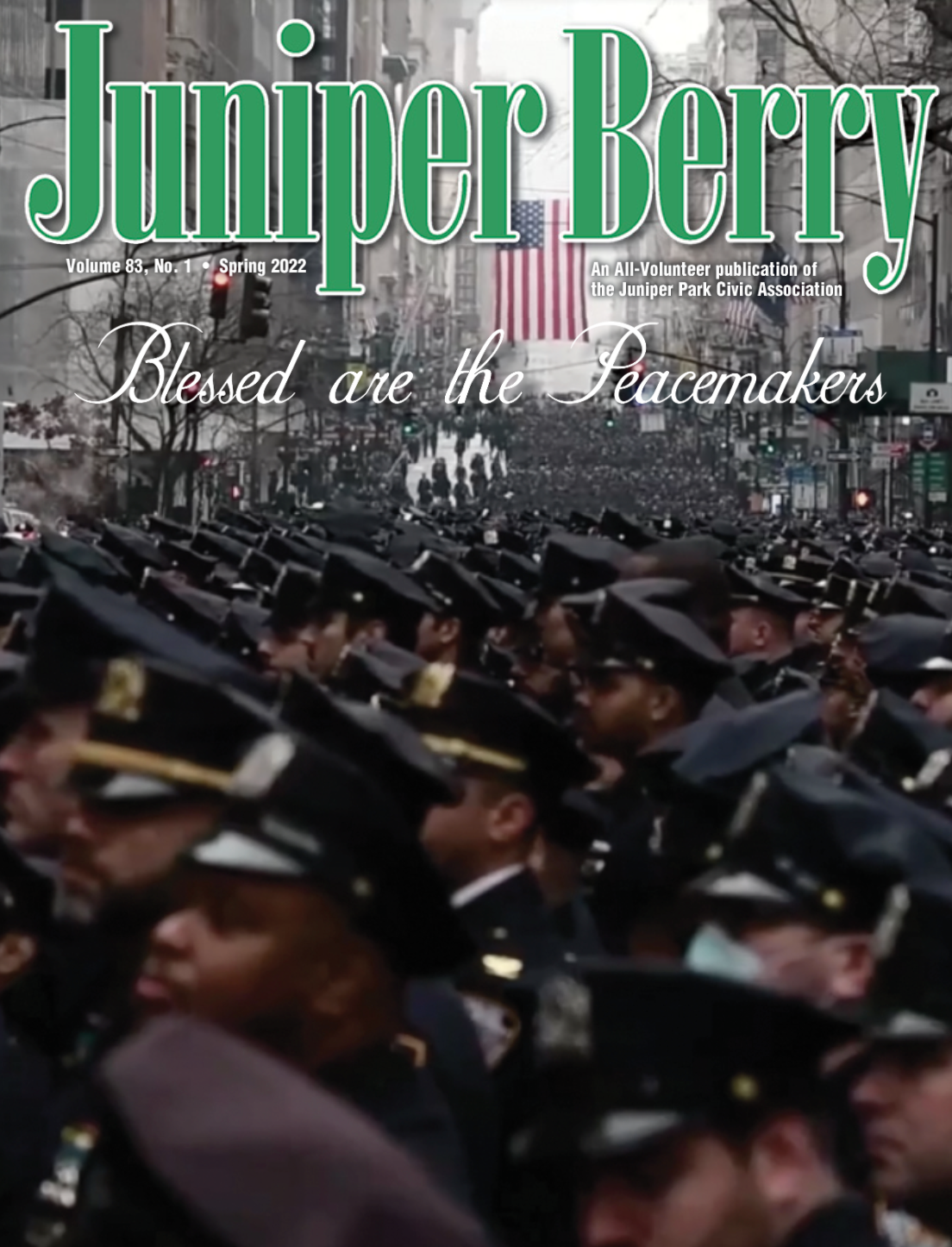he Fields did the impossible for me. I’ve never been one for a mystery series, but its debut author, Erin Young, managed to get me engaged with both the bleak, pessimistic outlook in a setting which I know very little of, but also her characters and the topics she brings up. There are things in this book I don’t feel a lot of Americans think about in their day to day lives and it raises a flag high enough for you to see, provided you know where to look.
It follows a string of grisly murders in a rural part of Iowa, the first victim found in a field with a drone chasing her as she whips past growing stalks of corn. Riley Fisher is the protagonist, a newly minted police sergeant, and is sent to investigate this murder, only to find that the victim is a long-lost childhood friend, one who brings a dark secret of Riley’s bubbling up from years of repression. The plot continues from there with a heaping helping of new characters introduced as well as enough leads and red herrings to spin you around a few times on your head and send you on your way.
With that said, there are a few elements introduced later which left me scratching my head until they were all swizzled together at the very end. I’m not sure if these elements were established and sprinkled enough throughout the story. Instead, they act like a bit of whiplash towards another perspective and another conflict which seem totally unrelated. Of course, they end up being intertwined with the murders, but they only felt so because the story adheres to standard storytelling trappings. I felt that maybe some greater care with how those disparate elements were handled could have been applied, but it was not enough to hinder the book’s readability.
What was a bit of a mark against the book was Young’s prose. She likes to use short, incomplete sentences as a stylistic choice, eliciting flashes of thoughts and things whipping past a character’s expedient notice. It rears its head the most during the opening chapter and pervades the first third of the book, mercifully trailing off on the latter thirds. Otherwise, I’d call the prose utilitarian, enough to get the point across to the reader without drawing too much attention to itself.
Unfortunately, I can’t talk too in-depth regarding some of the themes which The Fields brings up as they may reveal too much about the plot and end up spoiling it for a prospective reader. All I’ll say is that it made me question how we’re going to be living in the future as a species. There are many topics which the book touches on just enough to put that idea in my head even after I put the book down and started doing something else.
It seems like I’ve ragged on The Fields more than I’ve praised it, but it’s a well-paced, competent mystery which kept me hooked until the end. It’s being touted as the start of a new series, and I’ll be in line for the next one once it comes out.



